Scott AndersonActs 1:15-17, 21-26 † Psalm 1 † 1 John 5:9-13 † John 17:6-9 A video version of this sermon can be found here. Perhaps you are aware that the US is the only developed country in which pregnancy-related mortality—deaths of women in childbirth—is actually going up rather than down. And while rates of infant mortality have generally gone down over the years, infant mortality remains a big problem among some populations—this in a country that has demonstrated such astonishing scientific capabilities when it comes to things like rapidly developing vaccines in a crisis that we are able to anticipate being back together next week. As of 2020, American women were far more likely to die from pregnancy-related causes than women in other wealthy countries.[i] There is an important, and startling caveat to all this, though. These numbers are not trending across the board. Both of these rates are driven by what is going on with Black women and babies.
1 Comment
Scott AndersonActs 8:26-40 † Psalm 22:25-31 † 1 John 4:7-21 † John 15:1-8
A video version of this sermon can be found www.standrewpc.org/sermons/5th-sunday-of-easter-year-bhere. It is important to notice, when we look at this Acts story of Philip and the Ethiopian Eunuch that it is a story with three characters not just two. Great detail is provided about the first two—unusually detailed information, in fact. This isn’t like some of Luke’s other stories where people are left in mystery. We know a great deal about Philip from other texts in Acts—he is a deacon: one of seven Greek-speaking Jewish Christians appointed by the Twelve to tend to the needs of others, especially widows in the Greek-speaking portion of the fledgling Christian community. He is known as Philip the evangelist. He eventually settled in Caesarea, a government seat in first-century Palestine. He had four daughters who were considered prophets.[i] We know perhaps more than we want to know about the Ethiopian. They are in charge of the treasury of the Candace, which is the official title of the queen mother who is head of the Ethiopian government. We know by their chariot that they have status. We know by their scroll that they can afford rare things. We know by their Greek that they are educated. We know by their reading Isaiah that they are devout. We know by their invitation that this Ethiopian is humble enough to know what they don’t understand and to ask for help, and hospitable enough to respond to Philip when he approaches. And we know, because the author of the two volume Luke-Acts story tells us five times, that they are a eunuch. Scott AndersonJeremiah 31:31-34 † Psalm 119:9-16 † Hebrews 5:5-10 † John 12:20-33
A video version of this sermon can be found here. Unless a grain of wheat falls into the earth and dies, it remains just a single grain; but if it dies, it bears much fruit. Here is the crux, the turning point of John’s gospel. It marks the major turn in the structure of the book. The hour has indeed come, even though we are only halfway through the gospel. “Now is the judgment of this world; now the ruler of this world will be driven out.”[i] We should not miss this. And if we do not understand, we are wise to listen and open ourselves to it until we do. To accentuate the point, we hear not only the voice of Jesus, but the voice of heaven affirm it. In the other gospels—in Matthew, Mark, and Luke—the voice of God is also heard, but at Jesus’ baptism. In John, it is heard here and here only. “I have glorified it—God’s name, that is—and I will glorify it again.” Why here? And what does it mean? This is a strange affirmation to a strange fruit. Perhaps it seems counterintuitive to believe that death breeds life. We do know, though, the truth of this text so central to our Christian faith. We have seen again and again the power of self-giving and sacrifice. Martyrs through history have given themselves so that life would change for the many. Scott AndersonGenesis 9:8-17 † Psalm 25:1-10 † 1 Peter 3:18-22 † Mark 1:9-15 A video version of this sermon can be found here. Here’s a pro tip for you. When it comes to learning, repetition is less important than struggle. This is the insight of what is known as the generation effect according to David Epstein in his book Range. Struggling to generate an answer on your own, even a wrong one, enhances subsequent learning.[i] It helps learning over the long-term in at least two ways—it makes it stick and it enhances our ability to apply our learning broadly. The struggle—doing the work—is the key. Epstein explains, “for learning that is both durable (it sticks) and flexible (it can be applied broadly), fast and easy is precisely the problem.”[ii]
Scott AndersonDeuteronomy 18:15-20 † Psalm 111 † 1 Corinthians 8:1-13 † Mark 1:21-28
A video form of this meditation can be found here. We know the old adage about first impressions and how deeply they imprint an expectation. Such is the case here, I suspect. This is, after all, the inauguration of Jesus’ public ministry—the first impression. It is his inaugural act on the heels of assembling his leadership team. Inaugurations say a lot, I suspect, about our leaders. And each of the gospels underline something a little different about Jesus. Matthew begins with the Sermon on the Mount, presenting us with a version of Jesus who is a definitive teacher. Luke offers a vision statement of social renewal—Jesus as the one to bring good news to the poor. John skips the ceremony and goes straight to the wedding party at Cana and a sudden abundance of good wine to show us a savior who came for life abundant. Mark’s Jesus is a little like Marshawn Lynch was back in the day, I suppose—he’s all about that action, boss. He leaps into the fray. He starts where we are today, in the synagogue—at church, if you like—with a new teaching, with authority. But it isn’t just about words, certainly not empty words, not words alone. These words evoke something big. They have power. They change everything. You know. It’s pretty standard stuff when it comes to what we’ve come to expect in worship, I suppose. A teaching that leads to a loud encounter with an unclean spirit. Screaming. Convulsions. Pews flying. An exorcism. You know Tuesday, or, I guess, Sunday, as it were. Scott AndersonAmos 5:18-24 † Psalm 70 † 1 Thessalonians 4:13-18 † Matthew 25:1-13 A video version of this sermon can be found here. Keep awake! That’s the message Jesus draws from this murky story in Matthew right before the parable of the talents which we’ll see next Sunday. There’s all this detail in the story—a bridegroom, but no bride anywhere to be found; lamps (which are really torches) and oil. Five brought oil, the other five didn’t. It’s not that they didn’t bring enough, they just didn’t bring any, or maybe they didn’t have any. And apparently there’s an all-night oil shop open somewhere down the road. All ten bridesmaids--virgins actually, fall asleep, by the way. All of them. The bridegroom arrives late, seriously late, and five make it into the party and five are shut out. And Jesus tells his listeners to keep awake. Scott Anderson1 Kings 3:5-12 † Psalm 119:126-136 † Romans 8:26-39 † Matthew 13:31-33, 44-52 The naturalist John Muir once said, It is a powerful sentiment, one that resonates deeply with me, and I suppose is one of the reasons I am drawn to those yearly walks in the woods that I’ve just come back from. There’s something deep to experience. A sensibility, an understanding that words more often than not fail to unearth. But it’s there, beneath the feet. Deep underground, and yet, all around, if we choose to see it.
It hasn’t been a good week, though, for our friend John Muir. Scott AndersonGenesis 1:1-2:4a † Response Psalm 136:1-9, 23-26 † Exodus 14:10-31; 15:20-21 † Response Exodus 15:1b-13, 17-18 † Isaiah 55:1-11 † Response Isaiah 12:2-6 † Ezekiel 36:24-28 † Response Psalm 42:1-11 and 43:1-5 † John 20:1-18
Do you remember now? Do you see that this age, this time, these struggles are no match for the Holy who moves and lives and breathes and thunders both within us and far beyond our human reach? We kept it short tonight—I know, that may surprise you! There are so many more stories that speak of possibility when only threat is visible, of light when it is still dark, of hope when all around us injustice and struggle are so apparent. The thing is we have been this way before. Many times! And by we, I mean this ragtag, imperfect, stiff-necked and selfish human history of which we are part and parcel. They is us. And we are them. Maggie BreenIsaiah 58:1–12 † Psalm 51:1-17 † 2 Corinthians 5:20b—6:10 † Matthew 6:1-6, 16-21 Does God think we’re her keeper? It’s a bold question. I watched her go uncelebrated into the second grade, A greenless child, Gray among the orange and yellow, Attached too much to corners and to other people's sunshine. She colors the rainbow brown And leaves balloons unopened in their packages. Oh, who will touch this greenless child? Who will plant alleluias in her heart And send her dancing into all the colors of God? Or will she be left like an unwrapped package on the kitchen table -- Too dull for anyone to take the trouble? Does God think we're her keeper?
Scott AndersonActs 5:27-32 † Psalm 118:14-29 † Revelation 1:4-8 † John 20:19-31 From the very beginning of the Christian church new disciples called catechumens were prepared during Lent for their baptism at Easter.  Catechumens were paired with sponsors and invited to a time of inquiry—learning, reflection and discernment within the church—because this move toward baptism was understood to be a radical move toward a new way of living in the world that required understanding and careful intention. |
St. Andrew SermonsCategories
All
|
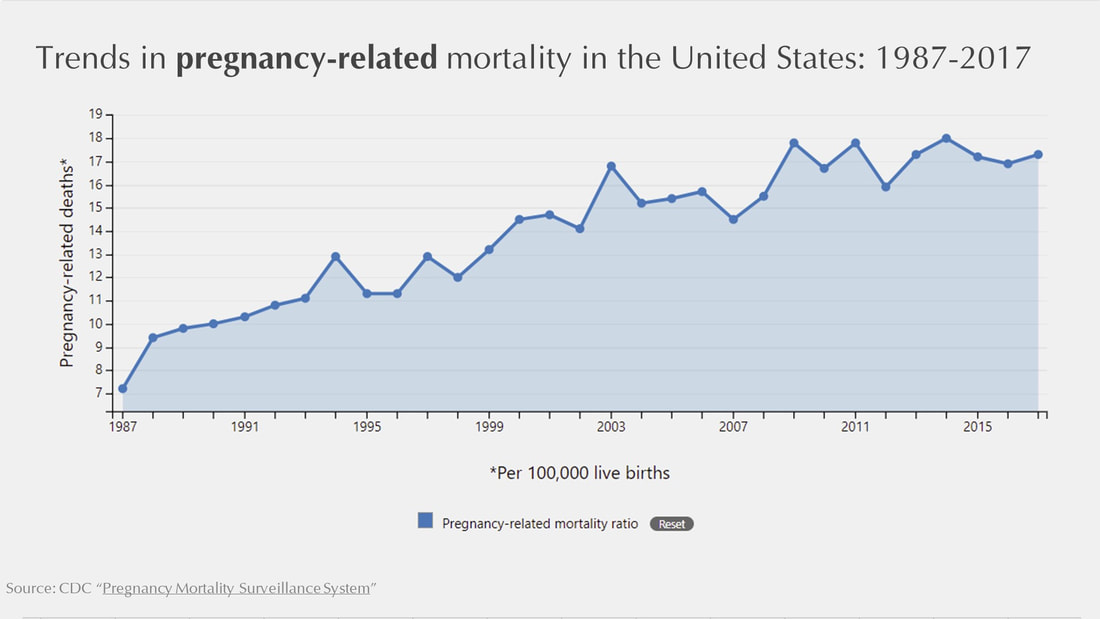
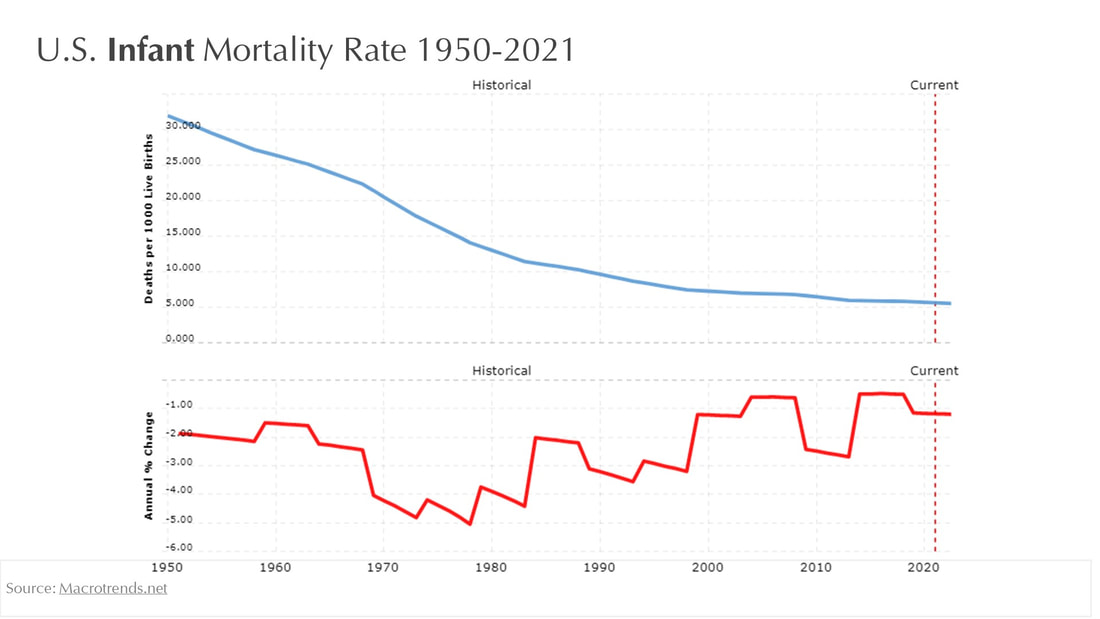
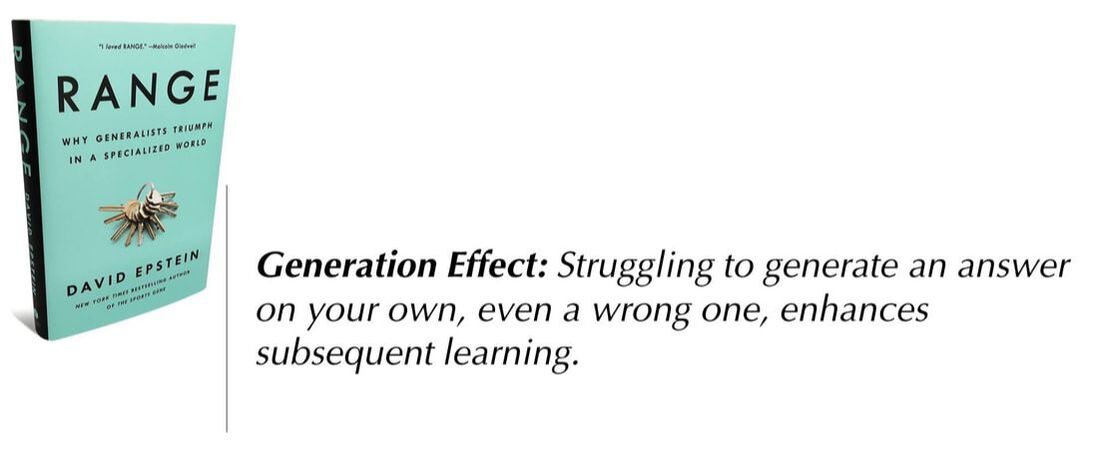

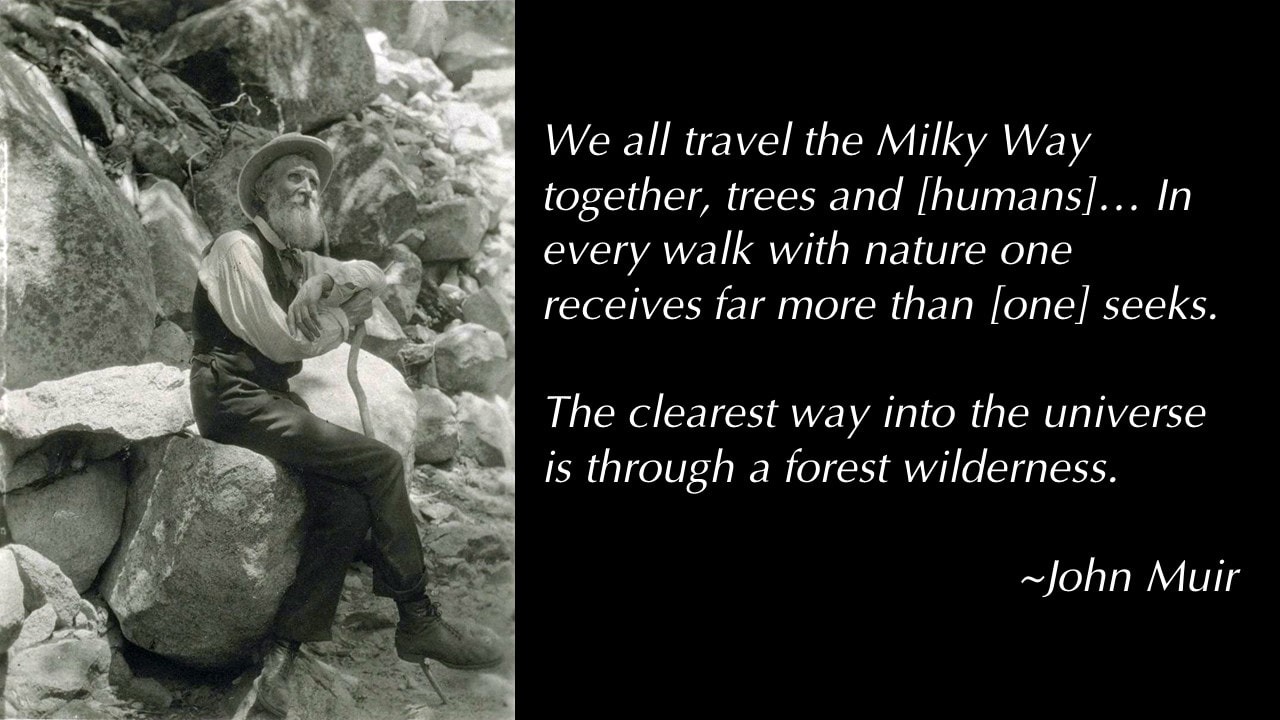
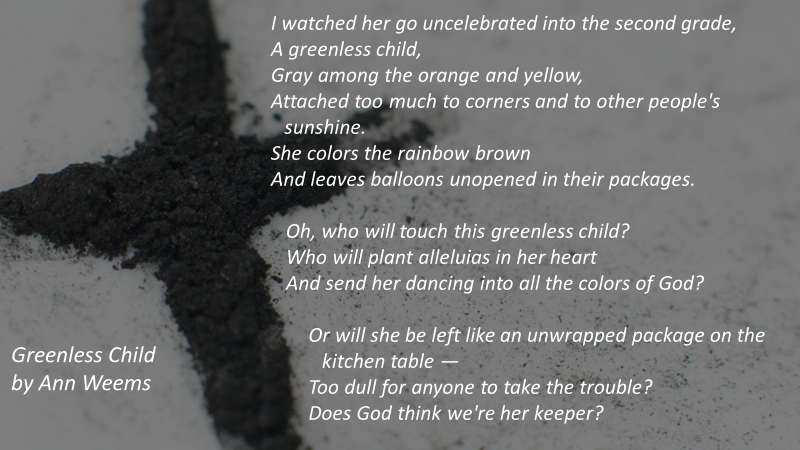
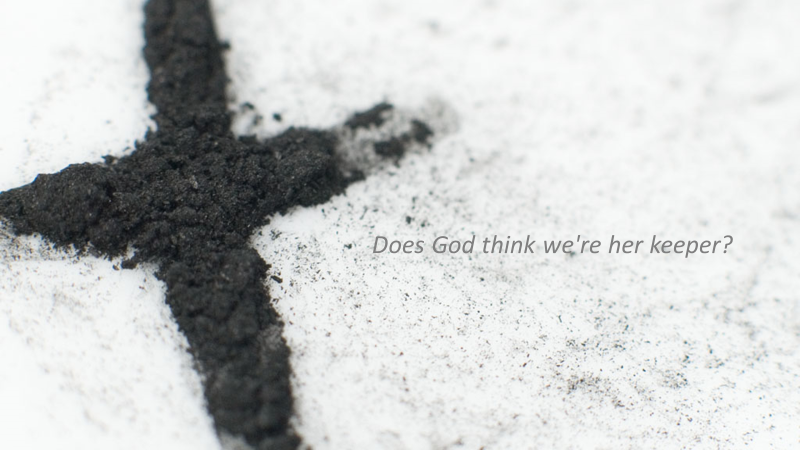
 RSS Feed
RSS Feed